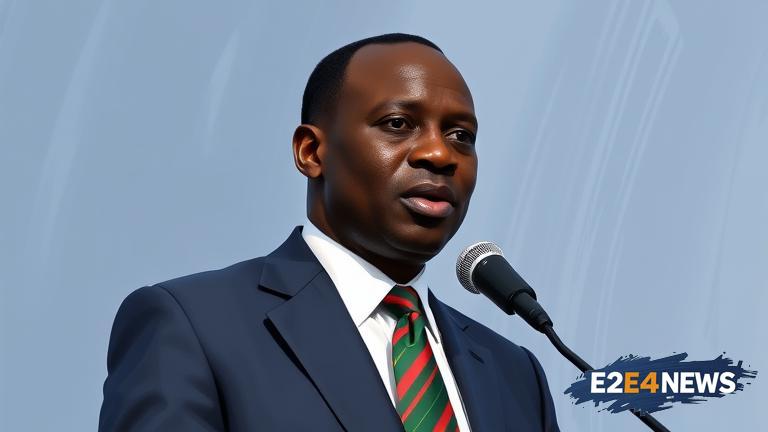In a significant development, the Malawi court has made a landmark decision rejecting Kabambe’s request to postpone his ongoing fraud case. This move is seen as a crucial step in ensuring that justice is served without undue influence from political campaigns. Kabambe, a prominent figure, had sought to pause the trial to concentrate on his campaign, citing the need to dedicate time to his political endeavors. However, the court’s decision underscores the principle that legal proceedings should not be swayed by external factors, including political ambitions. The fraud case against Kabambe has been ongoing, with the prosecution presenting evidence and witnesses to support the allegations. By denying the request, the court has reaffirmed its commitment to upholding the law and ensuring that all individuals, regardless of their political status, are held accountable for their actions. This decision is likely to have implications for the political landscape in Malawi, as it sets a precedent for how legal cases involving political figures should be handled. The court’s stance is clear: political campaigns cannot interfere with the judicial process. Kabambe’s legal team had argued that the trial’s timing would hinder his ability to effectively campaign, but the court was unconvinced. The prosecution, on the other hand, welcomed the decision, stating that it was a victory for justice and the rule of law. As the trial continues, attention will be focused on the court’s proceedings and the potential outcomes. The case has already garnered significant public interest, with many calling for transparency and accountability. The court’s decision to reject Kabambe’s request is seen as a step towards achieving these goals. In Malawi, the separation of powers between the judiciary, legislature, and executive is crucial, and this decision reinforces that principle. It also highlights the independence of the judiciary, which is essential for a functioning democracy. The political campaign season in Malawi is known for its intensity, but the court has made it clear that legal matters will not be compromised for political expediency. Kabambe’s campaign will now have to proceed without the pause he had sought, potentially impacting his strategy and outreach. The fraud allegations against him are serious, and the court’s decision ensures that these are addressed in a timely manner. The public in Malawi is watching the case closely, eager to see how it unfolds and what the eventual outcome will be. The decision also has implications for other political figures who might consider using their campaign schedules to influence legal proceedings. It sets a clear message that the law applies equally to all, and political status does not grant immunity from legal accountability. As the country moves forward, this case will be remembered as a significant moment in the affirmation of the rule of law and the independence of the judiciary. The international community is also likely to take note of Malawi’s commitment to justice and transparency. In conclusion, the court’s rejection of Kabambe’s bid to pause his fraud case for campaign purposes is a significant development that underscores the importance of the rule of law and the separation of powers in Malawi.
